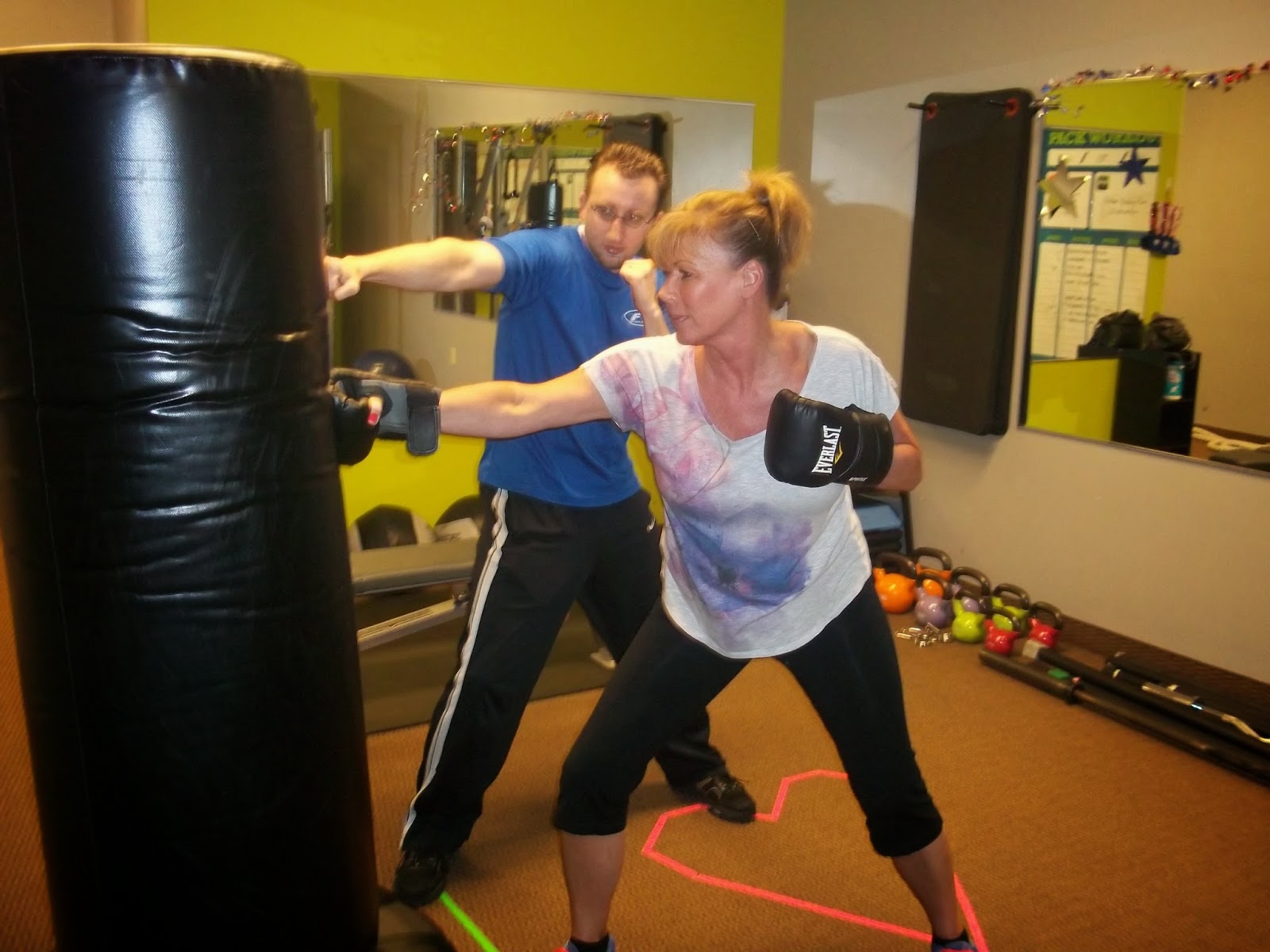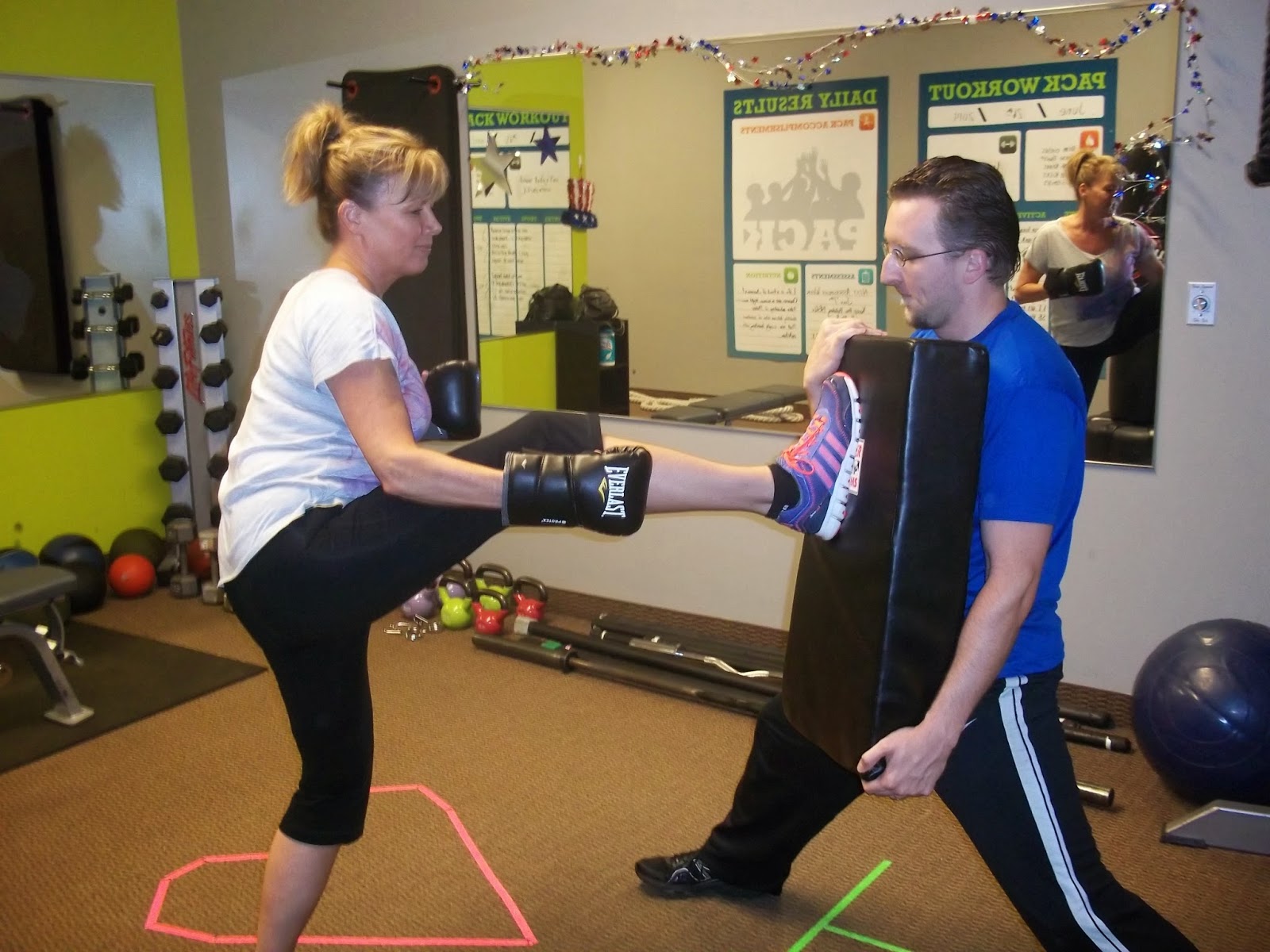By Sean Sullivan
Believe it or not, we receive a lot of phone calls with some off-the-wall questions. Sometimes I am so baffled that my favorite reply has become "I'm sorry, but we don't sell equipment.". I think a contributing factor is the fact that our generation feels very confused when it comes to taking care of their health and fitness. There is so much information and misinformation out there plaguing our tvs and social media networks that oftentimes people are left scratching their heads and wondering which way to turn.
One of the most common inquiries we receive when we answer the phone at Fitness Together--next to price questions of course--is "Do you guys offer ________?". Fill in the blank. My answer is usually "Yes!" The reality is, we customize programs for our clients and their individual needs so technically we have the ability to offer anything! People always call and ask about whatever happens to be trendy at the time: "Do you offer TRX classes?" "Do you teach kettlebell?" "Do you offer barre training?" etc. After the reply of "yes" I will generally continue by asking what exactly that prospect is looking to accomplish by doing an entire class or session of __________. We can certainly incorporate TRX, Kettlebell, BOSU, etc into your workout; but you would be doing your body a disservice if you only wanted to focus on one vehicle for improving your health and fitness. Recently, a new client of ours initially reached out by asking if we offered any private kickboxing classes. Well yes, yes we do...
Kickboxing is slightly different than a lot of resistance training options and examples of equipment that I previously mentioned. There is a higher cardio component to the workouts which will improve your heart and lung health. Participating in a kickboxing type of workout actually allows you to improve your strength and your endurance simultaneously while burning up to a whopping 750 calories per hour! This means you can begin to strip away that extra bodyfat...especially the stubborn belly fat. You have to keep your core engaged the entire time and essentially work every muscle group in your body. It's great for your coordination, balance, agility and perhaps most importantly it's a fantastic stress relief! Let's face it, who doesn't love to come into the studio, strap the gloves on and hit the bag a little bit after a long day in the office? An additional benefit is the fact that we teach you some self-defense moves which will help you to feel more confident, especially if you're ever alone on for a jog on our beautiful towpath.
 All of that sounds great, but we have come to learn that the majority of our clients prefer to work out in a private setting, instead of in front of a group of people. Kickboxing is primarily offered in a class which isn't the most comfortable option for everybody. Now for the first time at FT Brecksville, we offer Private Kickboxing Sessions! Although any of our trainers are capable of conducting these sessions, I would recommend scheduling your first one with Steven Madden because he has the most martial arts in his background out of our team.
All of that sounds great, but we have come to learn that the majority of our clients prefer to work out in a private setting, instead of in front of a group of people. Kickboxing is primarily offered in a class which isn't the most comfortable option for everybody. Now for the first time at FT Brecksville, we offer Private Kickboxing Sessions! Although any of our trainers are capable of conducting these sessions, I would recommend scheduling your first one with Steven Madden because he has the most martial arts in his background out of our team.If you love the workout you get in a kickboxing class, but prefer to do it alone in a private setting, call to schedule a Private Kickboxing Class at Fitness Together Brecksville today!
Check out this link for a special offer:
http://www.fitnesstogether.com/brecksville/kickboxing
© 2014 Fitness Together, Inc. All Rights Reserved. Powered by Fusionbox.
About | Contact | Franchise | Suppliers | History | Leadership | NutritionTogether |Sitemap
| PrivacyPolicy | TermsofUse | Facebook | YouTube | Twitter | Linkedin








